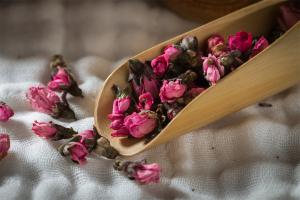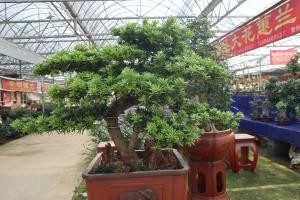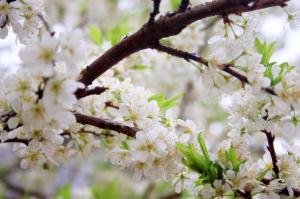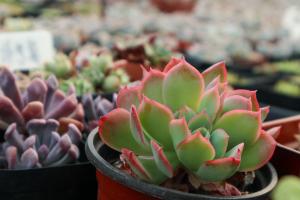1、 Curing method
1. Temperature: its adaptability is very strong. It can withstand two extreme temperatures, so generally, it does not need to consider the temperature problem. It can withstand a high temperature of 40 degrees in summer and a cold of less than minus 15 degrees in winter. However, in order to ensure normal growth and flowering, it is necessary to control the temperature and not give extreme temperature
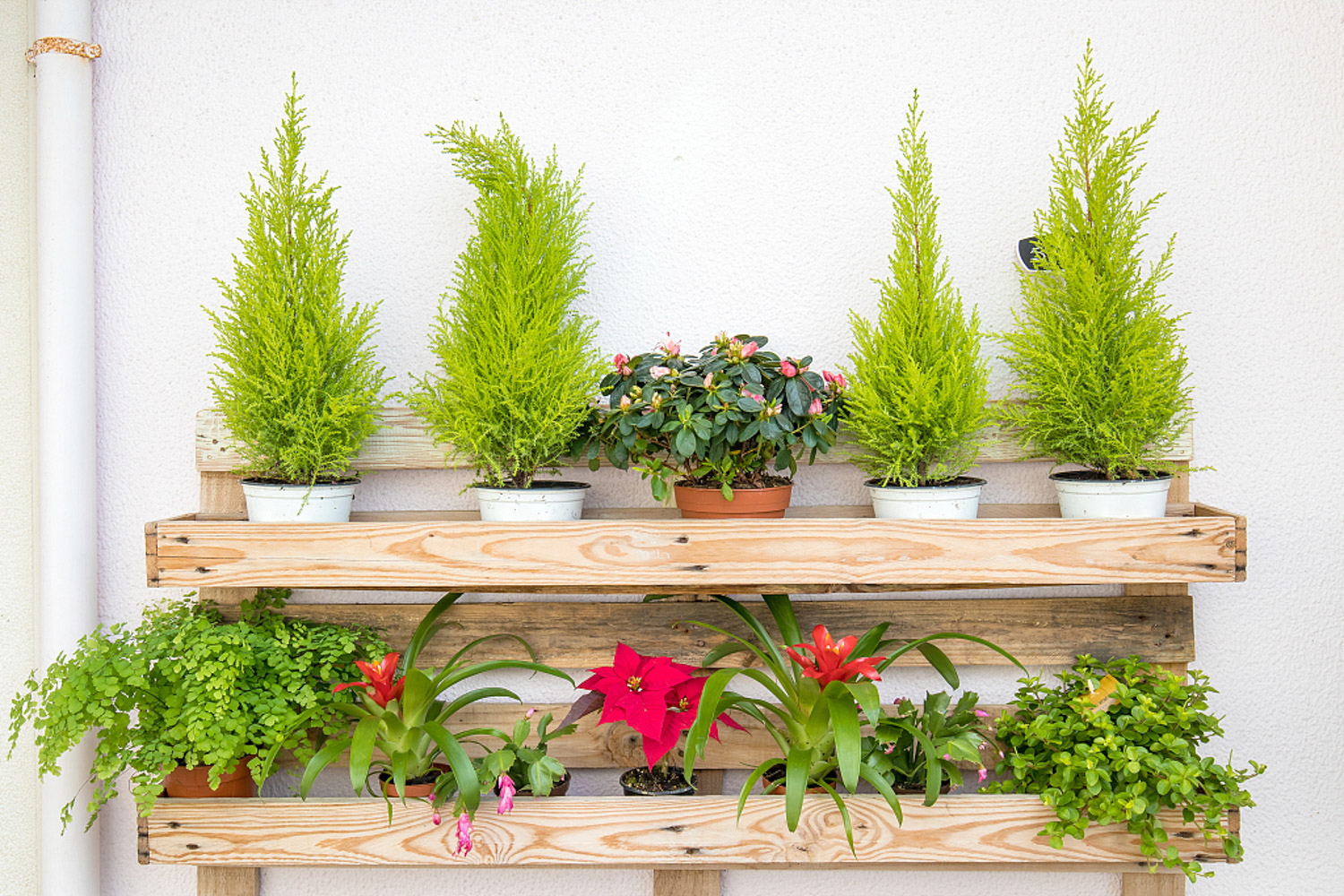
2. Watering: its drought resistance is relatively strong, so there can be no flood in water supply. Ponding will wither its branches and leaves until it dies. Therefore, it is better to dry than wet. At the same time, you can increase the amount of watering in summer, stop watering in winter, or control watering
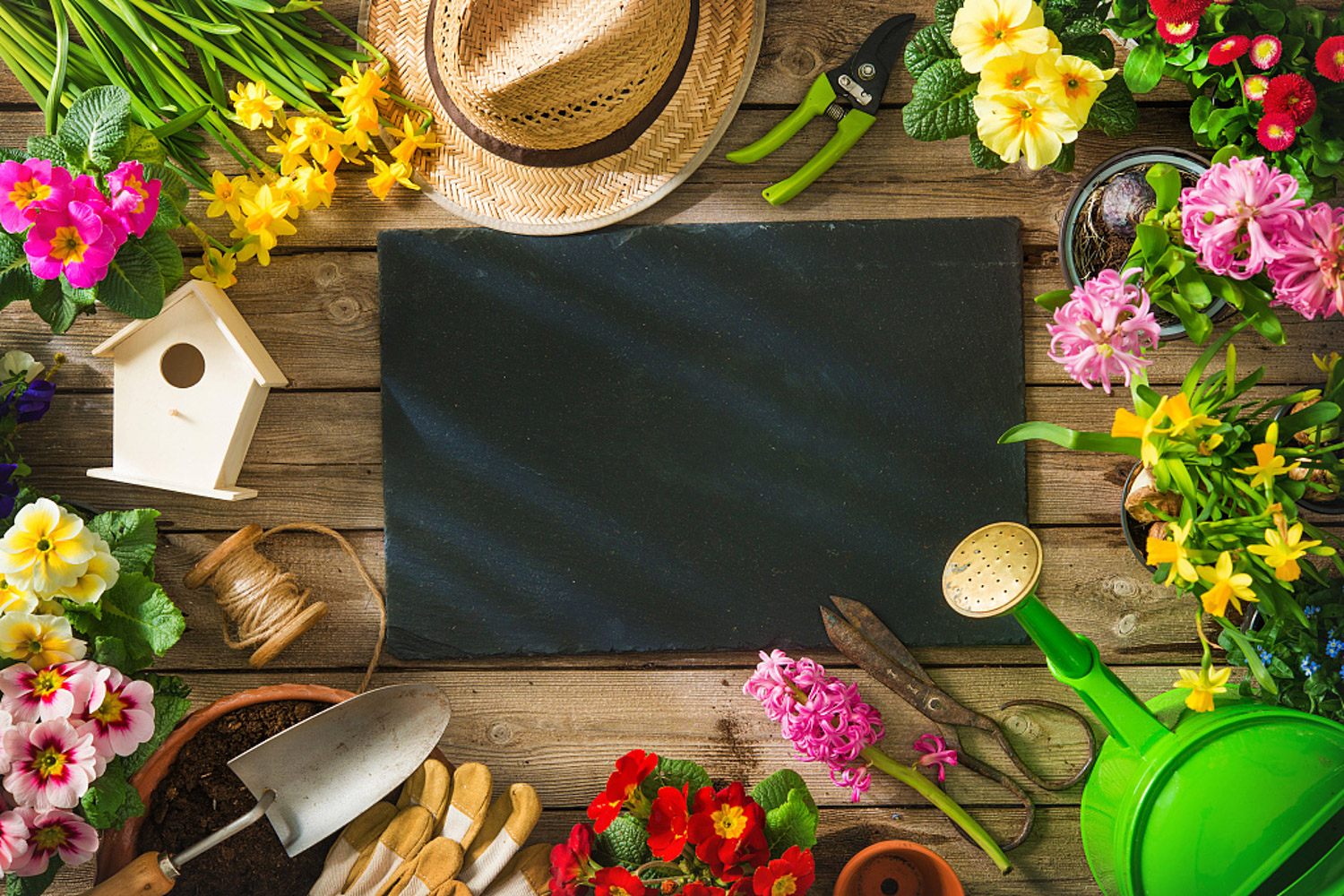
3. Light: sufficient and warm light is indispensable for normal growth. If there is sufficient light, the flowering of plants will be more vigorous. Full day photos can be accepted in spring, and shade is needed in summer to prevent the newly opened flower quilt from withering
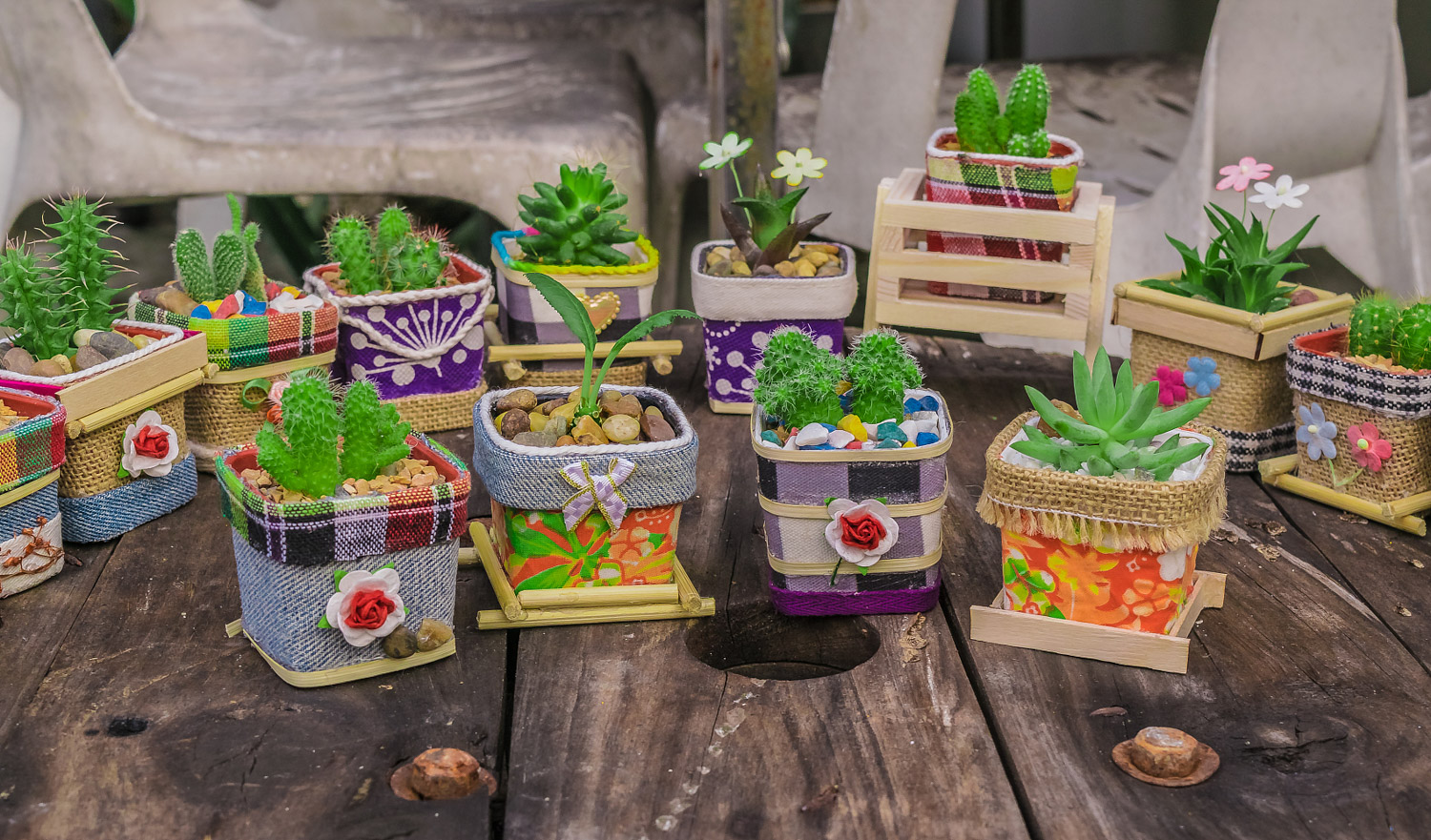
4. Fertilization: fertilization is the most critical step in breeding. Before flowering in summer, it is necessary to apply some compound fertilizer, mainly nitrogen, phosphorus and potassium fertilizer, which is conducive to flowering and bearing more flower buds. In autumn, it is necessary to apply some fertilizer cakes to enrich flower buds. In winter, it is necessary to apply some thin horseshoe water to provide sufficient fertilizer for flowers
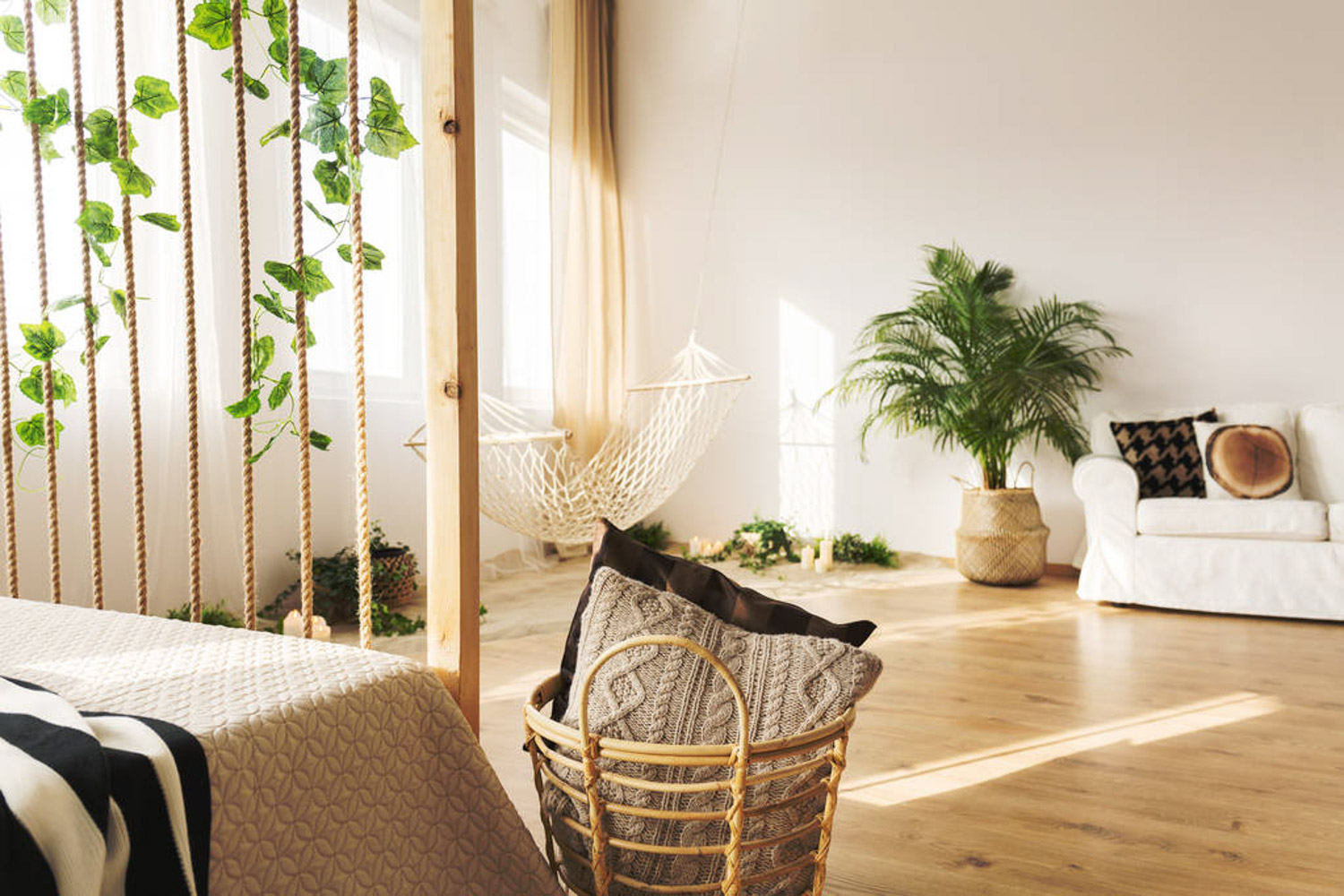
2、 Breeding skills
1. Propagation: sowing and branching are two important propagation methods. Sowing requires soaking the seeds for one day in advance, and then starting sowing. After waiting for the seedlings to grow, they need shade and can not be irradiated by strong light. Of course, sowing and seedling raising requires about four years of cultivation to bloom. Ramet is to separate small plants from the mother plant and then replant them. The best time for ramet is in spring and autumn every year
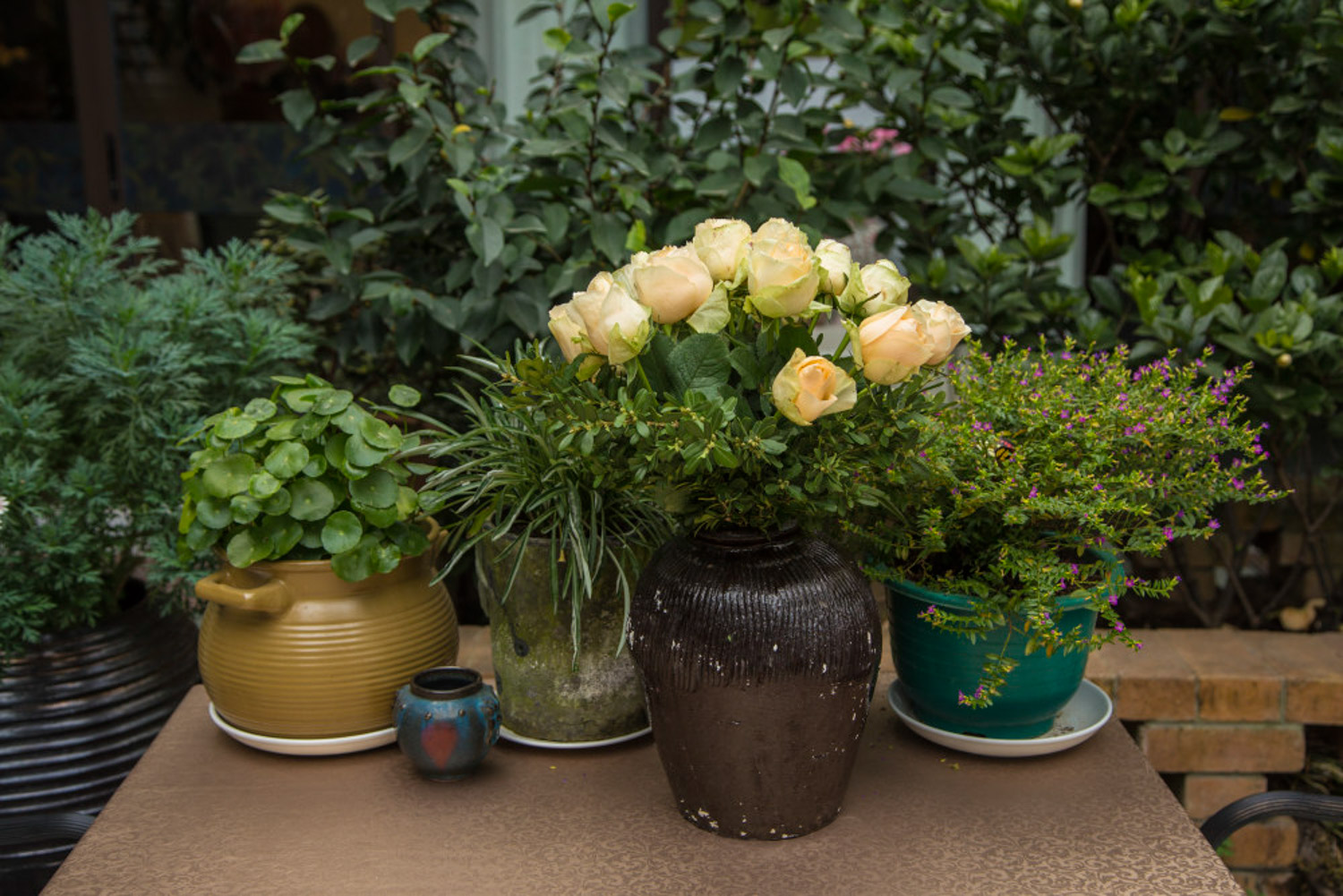
2. Pruning: the best time for pruning is from March to June every year. At this time, pruning can promote the branching of the plant, cut off some diseased branches, and the plant will sprout some tender branches
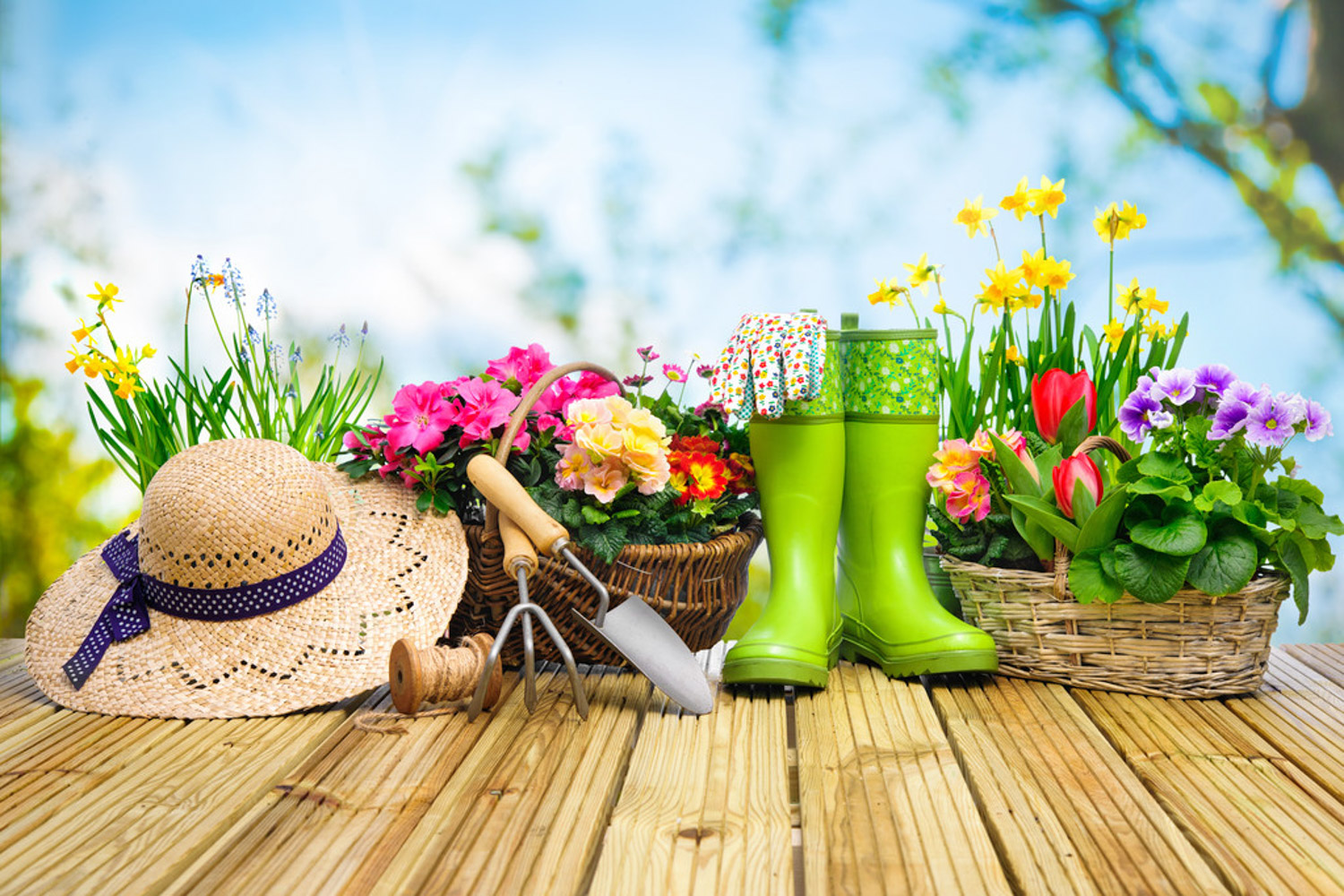
3、 Problem diagnosis and treatment
1. Disease: black spot will occur in high temperature weather in summer, and zinc dysen solution can be used to control and prevent it in time
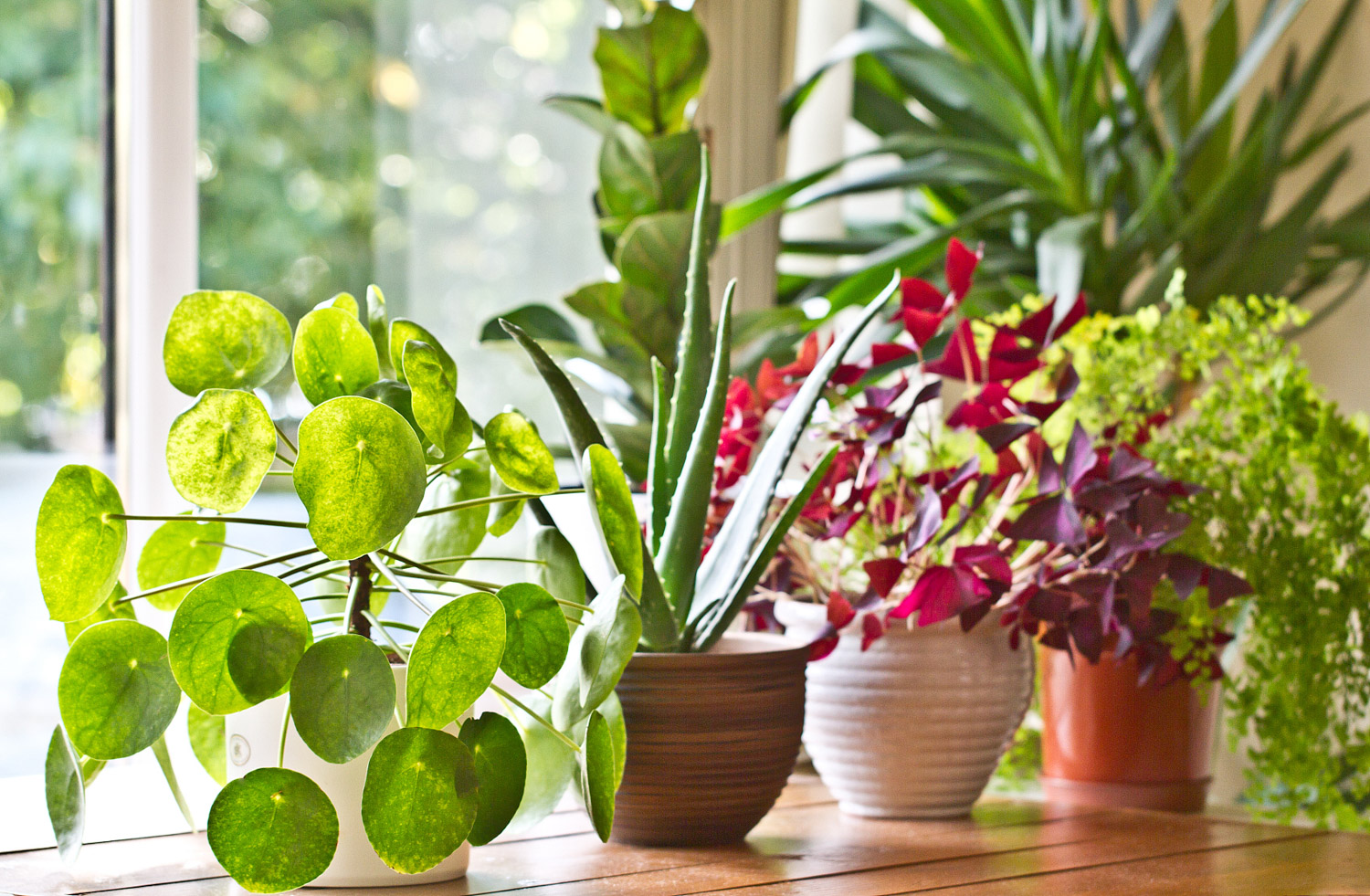
2. Pests: aphids are one of the main pests, and dichlorvos can also be used to eliminate them
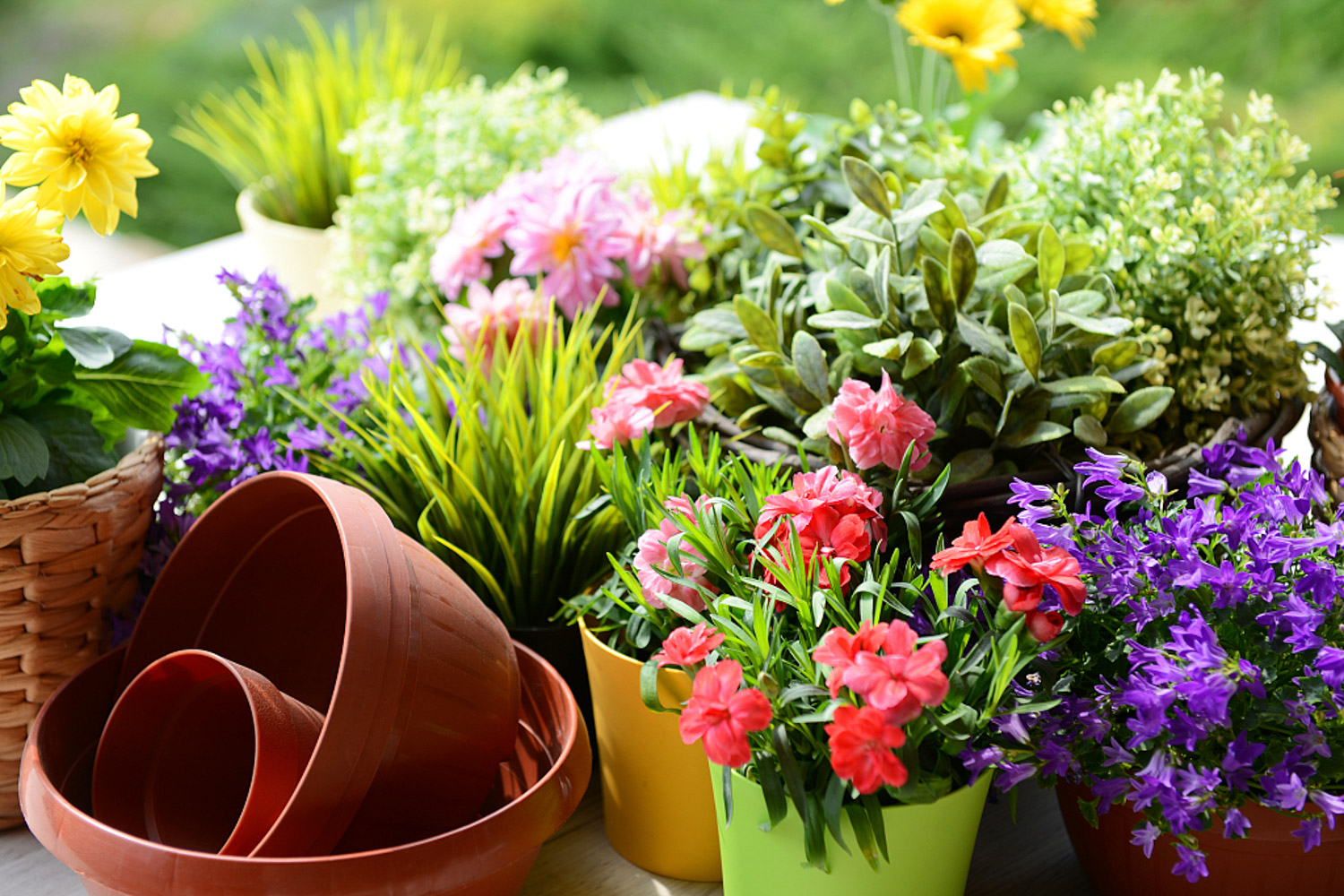
4、 Other issues
1. Toxicity: it does not contain any toxicity. It is a plant that will not affect people. It can be cultured safely
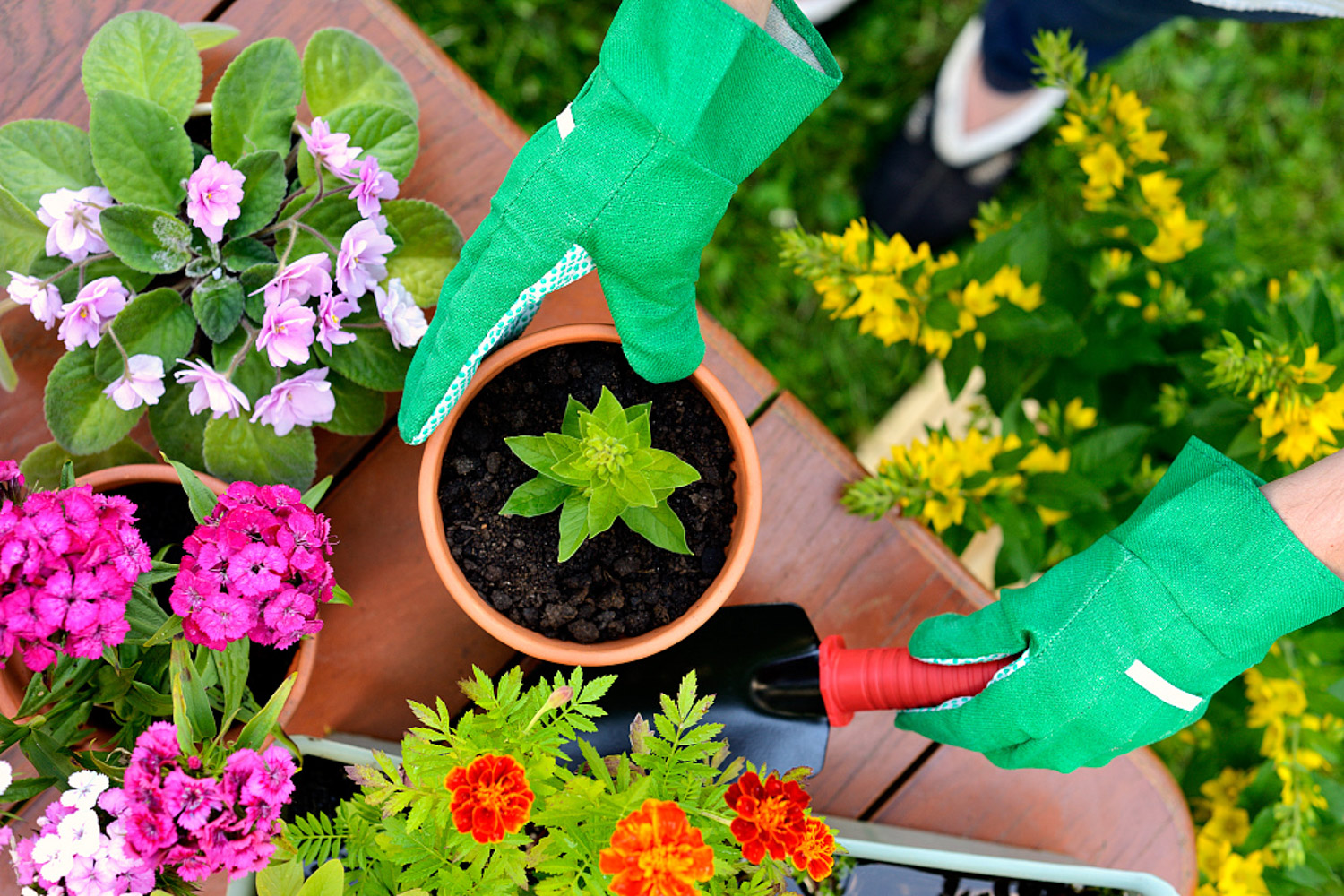
2. Whether it can be raised at home: not suitable, because its grown adult plants are relatively tall, which can not meet its normal ventilation and growth conditions at home
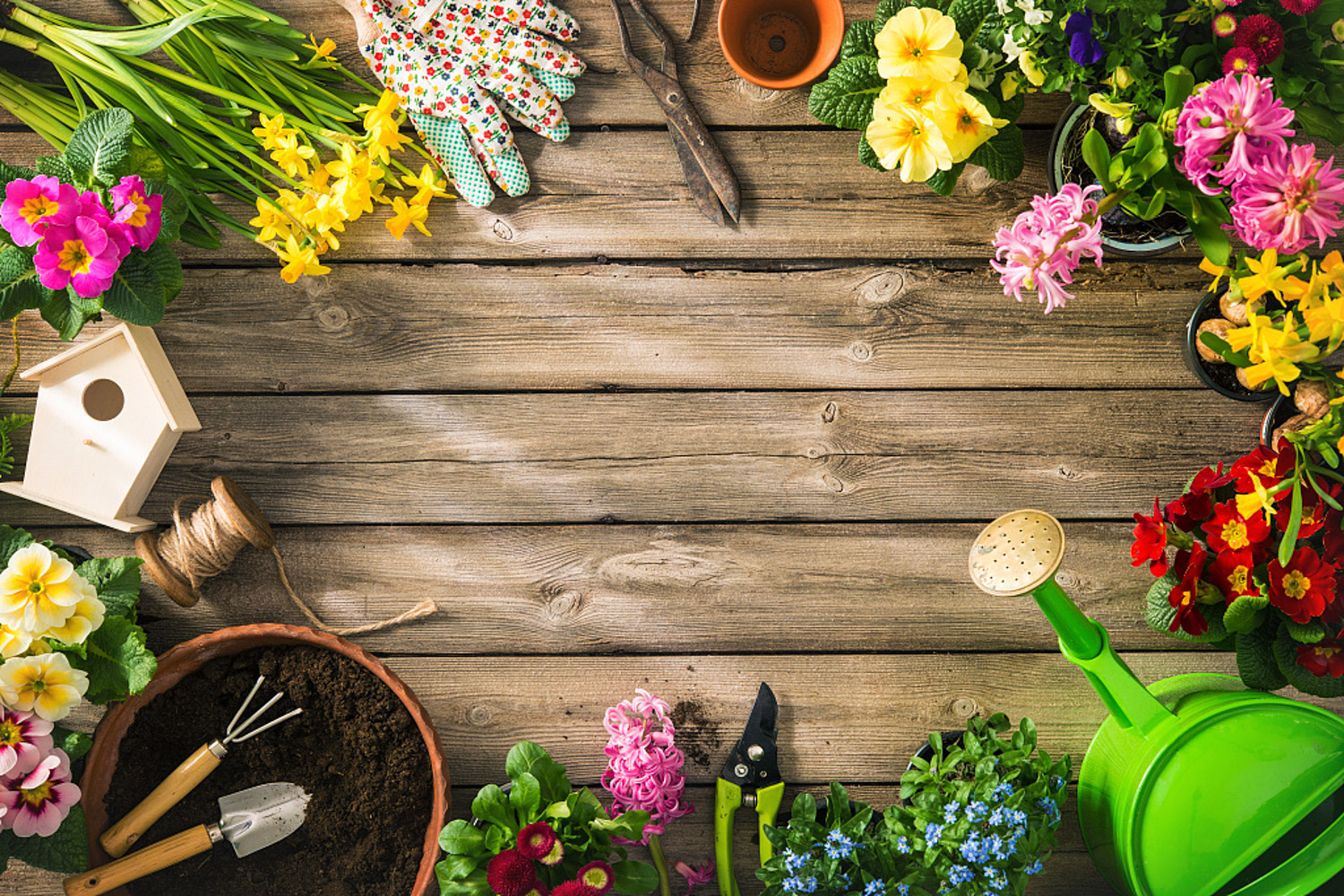

 how many times do yo...
how many times do yo... how many planted tre...
how many planted tre... how many pine trees ...
how many pine trees ... how many pecan trees...
how many pecan trees... how many plants comp...
how many plants comp... how many plants can ...
how many plants can ... how many plants and ...
how many plants and ... how many pepper plan...
how many pepper plan...